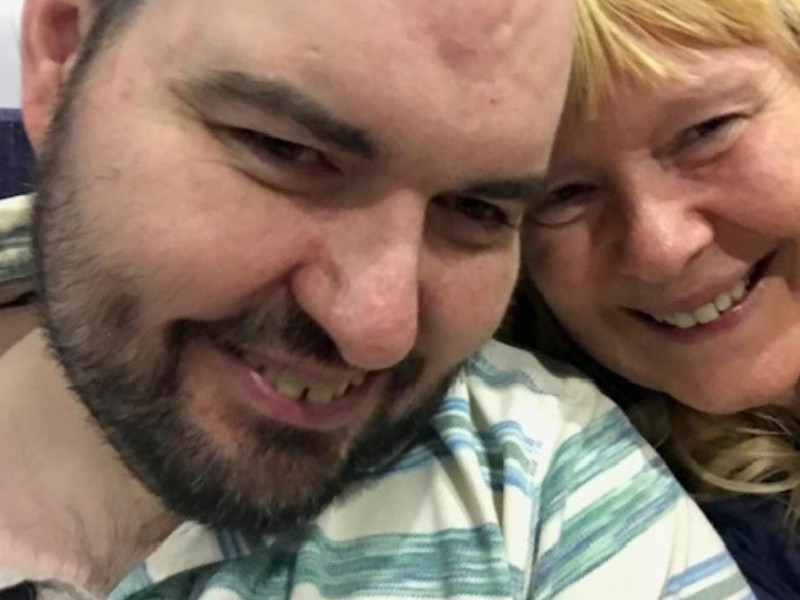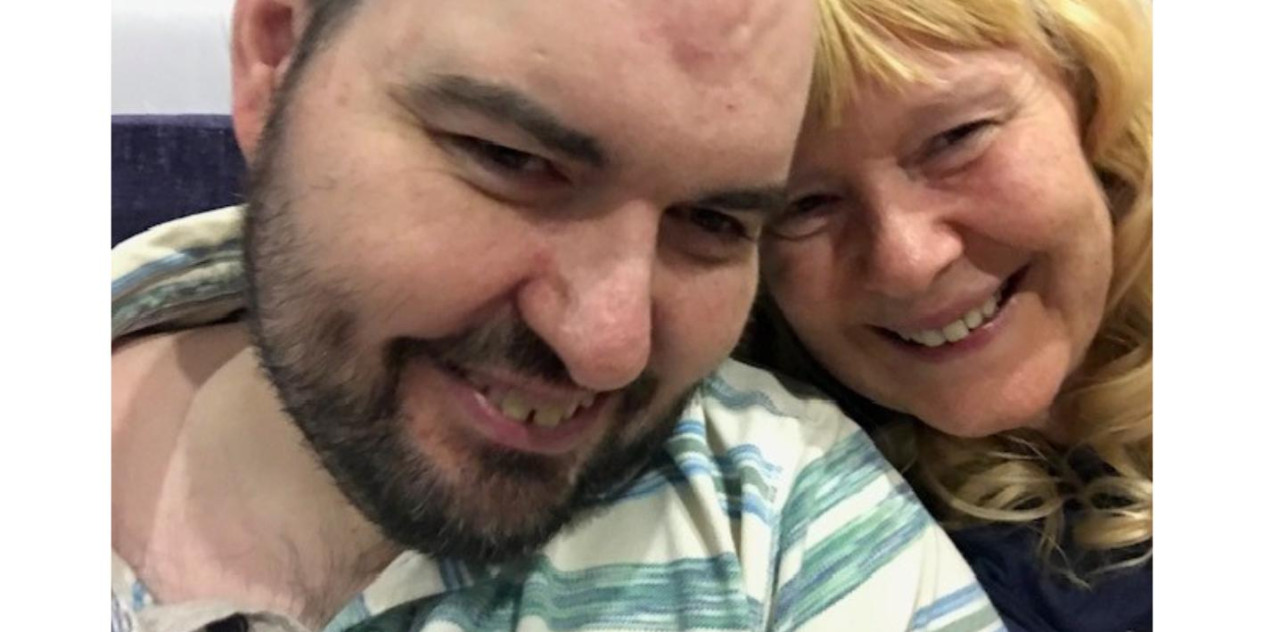Ombudsman says health board failed vulnerable epilepsy patients
A complaint brought by seven families – who had been using a specialist service that stopped abruptly in June 2021 – has been upheld by the Ombudsman.


The Hywel Dda University Health Board failed to adequately care for epilepsy patients with a learning disability, according to the Public Services Ombudsman for Wales.
A complaint brought by seven families – who had been using a specialist service that stopped abruptly in June 2021 – has been upheld by the Ombudsman.
The families complained that the Health Board failed to make adequate provision for care after the service ended – and that four years on, there were still no plans in place to meet the needs of these epilepsy patients with learning disabilities within the Health Board.
Upholding the complaint, the Ombudsman expressed concern at the Health Board’s failings, which affected ‘a very vulnerable group of patients.’
Marie James, one of the mothers who brought the complaint against the Hywel Dda University Health Board said she felt ‘relieved’ at the Ombudsman’s findings and recommendations. Marie cares for her adult son Trystan at home. Trystan has a genetic disorder which means he experiences daily seizures and weekly tonic-clonic seizures.
She said: “Since June 2021 the Health Board has failed to provide access to appropriate health care for our loved ones with epilepsy and learning disability. We were left without any signposting or direction, a total failure of service. It made us feel the responsibility was totally on our shoulders to make sure we were providing the best epilepsy care that we could.”
Marie said she and the other mothers tried to work with the Health Board to find solutions but found the responses ‘disheartening’. She added: “The seven of us mums know that to a degree, we can advocate for our children, but anyone of us at any stage could be faced with managing new or emergency situations or see our sons or daughters in supported living environments, tomorrow. That is the real fear that has driven us to ensure that there is a service that meets the needs of all vulnerable adults with epilepsy and a learning disability.”
The Ombudsman made a number of recommendations, which the Health Board accepted.
The Health Board must now implement a clear Learning Disability Epilepsy Care Pathway, which is accessible to all patients within its area. The Ombudsman asked to be updated on actions taken within four months.
The Health Board was also instructed to apologise in writing – within two months – to each of the seven complainants, for their lack of communication and alternative care plans, following the end of the LD Epilepsy Service. The Health Board must also provide these families with a comprehensive breakdown of the care being offered to their relatives, including plans for the future and obtain an external professional clinical review to ensure the adequacy of the pathway and proposed provisions.
Recognising that the number of families affected goes beyond the seven who brought the complaint, the Health Board has been given four months to conduct a thorough review of its LD epilepsy patient lists – to ensure that they all have up-to-date care plans, risk assessments and emergency medication plans in place. This includes LD epilepsy patients who have been missed or are currently still waiting for a neurology appointment.
Jane Hanna, SUDEP Action Director of Policy & Influencing, said: “”Our role was to be alongside the families to support their fight. We were so pleased that the Ombudsman made such strong recommendations with clear timelines and that our request for an independent expert to review future actions by the Health Board was in the final report.
“We’re greatly indebted to SUDEP Action for many things” added Marie James. “Trystan’s life has been enhanced because of their support and risks have been reduced.”
Read the full report at www.ombudsman.wales.











